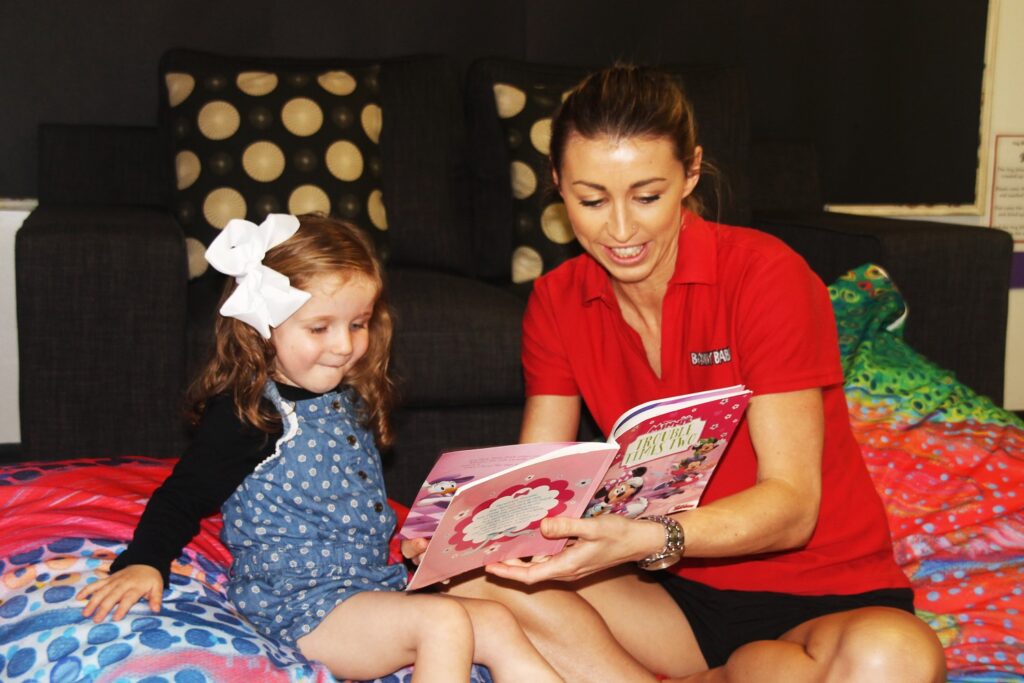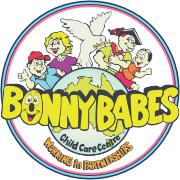
Building relationships with early childhood educators and carers
Strong relationships with early childhood educators and carers: benefits
When you have strong and respectful relationships with early childhood educators and carers at child care, there are lots of benefits for you and your child.
Benefits for your child
To start with, strong relationships put you in a great position to give educators the information they need to help your child get the most out of child care.
Strong relationships are also good for your child’s social and emotional development. If you have positive and respectful relationships with educators, it gives your child a great ‘model’ of how to be and behave with other people. And if your child sees kind and respectful relationships, he’ll learn to act this way in his relationships with others.
Finally, building good relationships with educators is a way of showing interest in this part of your child’s life. And when you show interest, it helps your child feel valued and important.
Benefits for you
The benefits of strong relationships with educators at child care include:
- feeling that the educator is interested and understands when you talk about your child
- feeling comfortable to raise concerns and work out solutions with educators
- knowing what’s going on at the child care service
- being able to influence programs and feel that your opinion is valued.
Letting your child see that you trust her educators is a great way of helping her settle in to child care. You could keep a photo of educators on the fridge at home, as well as a photo of yourself in the care environment to help your child connect the two settings.
Getting started on strong relationships with early childhood educators and carers
You can start building relationships with early childhood educators and carers before your child starts child care and also in the early days of care.
Here are some ideas to help you get started:
- Find out how the service is run. This will help you know what to expect and understand your educator’s perspective.
- Spend time in your child’s group and be a part of what’s going on.
- Go to ‘get to know you’ sessions, working bees and parent nights, if you can.
- Let educators know what you like about the centre.
- Ask educators how you can prepare your child for child care. Are there tasks your child needs to be able to do or rules she needs to be aware of and follow?
- Give educators some tips on how to care for your child. For example, ‘Ina eats best with a spoon’ or ‘Jono loves his tummy tickled when I do a nappy change’.
Communicating with early childhood educators and carers
Once your child starts child care, communication with early childhood educators and carers is key to strong relationships.
This can be as simple as introducing yourself to educators and saying hello and goodbye at drop-offs and pick-ups. Over time you’ll all learn and remember each other’s names.
This lays the groundwork for talking to educators about your child and her interests, likes, dislikes and special needs. When your educators get to know your child like this, they can better support her learning and development and give her quality care. They’re also in a better position to let you know when your child has a really good or bad day at care.
You won’t always be able to talk to educators face to face, but you might be able to phone, email or write notes instead.
And remember that educators are like everybody else – they’ll feel good if you tell them they’re doing a good job!
Things that educators want to know about your child
Your child’s educators will want to know about:
- things your child is interested in so they can make learning engaging for your child
- things that make your child happy, sad, worried or afraid so they can support your child
- times when one of your child’s parents is away so they can reassure your child
- times when there are big changes in your family – a new baby, a death, a separation or divorce – so they can help your child adjust.
Most families go through hard times at some stage. If you’re having trouble at home, consider asking the staff at your child’s program for information or referral to someone who can help.
When there are problems at child care
Sometimes there might be problems you want to discuss with your child’s early childhood educators and carers – for example, problems with lost items or your child’s toilet training. If you already have a positive relationship with educators, these issues will be easier to raise and quicker to sort out.
Many problems will be easy to sort with a note, email or a phone call but some might be more serious. If a problem won’t go away or is more complicated, you might need to work on the problem with your child’s educator. Our article on problem-solving strategies for parents and teachers takes you through steps you can use to get a positive outcome.
Article sourced from the Raising Children Network website.



